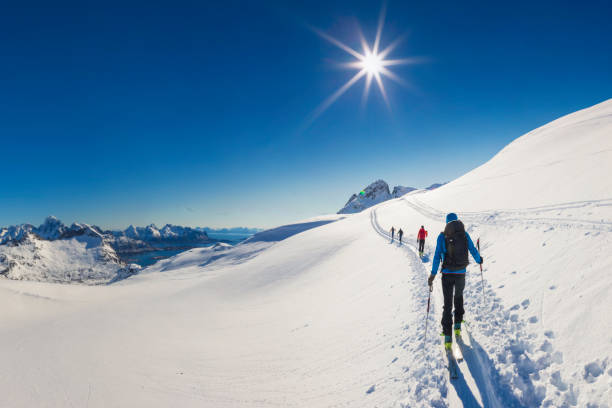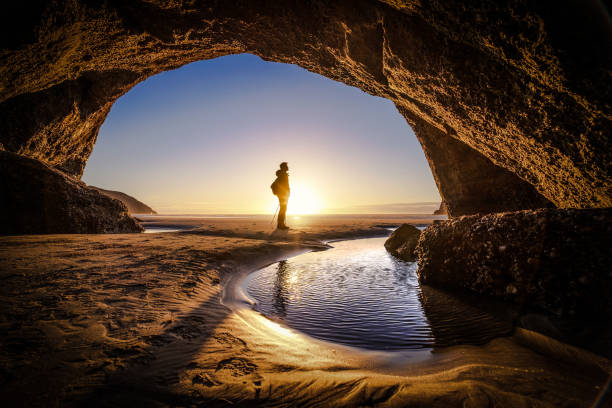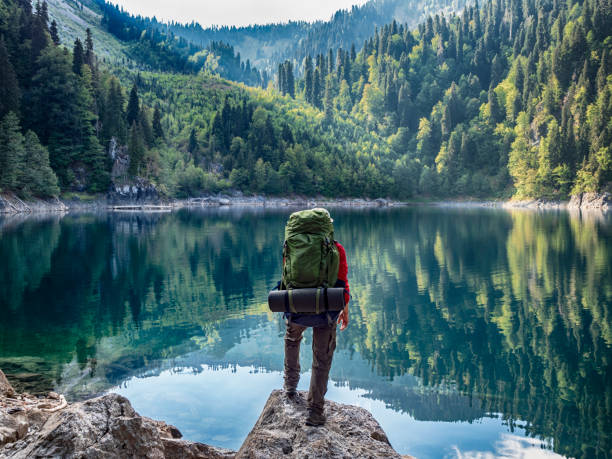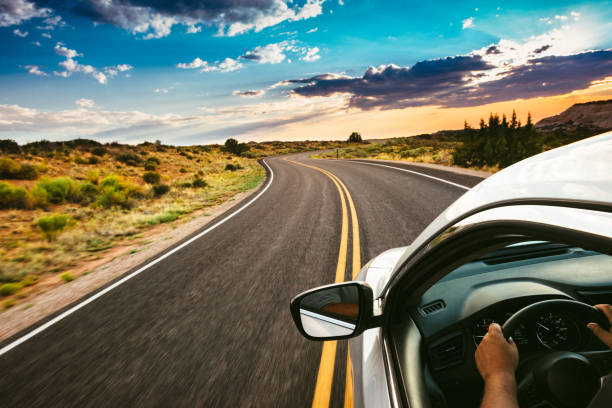Solo travel is a unique and transformative experience that offers an unparalleled sense of freedom and self-discovery. Whether you’re seeking adventure, personal growth, or simply a break from the routine, traveling alone allows you to explore the world at your own pace and on your own terms. This article delves into the various aspects of solo travel, from planning and safety tips to the personal and cultural insights gained along the way.
The Allure of Solo Travel

Independence and Freedom
One of the most compelling reasons people choose to travel alone is the independence it affords. Without the need to compromise or accommodate the preferences of others, solo travelers can design their itineraries based solely on their interests and desires. This freedom extends to every aspect of the journey, from choosing destinations and activities to deciding when and where to eat.
Personal Growth and Self-Discovery
Solo travel often leads to significant personal growth. Being alone in unfamiliar environments encourages self-reliance and problem-solving. Overcoming language barriers, navigating new cities, and adapting to different cultures can boost confidence and resilience. Many solo travelers return home with a deeper understanding of themselves and their capabilities.
Planning Your Solo Adventure

Research and Preparation
Thorough research is essential for a successful solo trip. Start by selecting destinations that align with your interests and comfort level. Consider factors such as language, culture, safety, and accessibility. Travel forums, blogs, and guidebooks are valuable resources for gathering information and tips from fellow travelers.
Budgeting and Accommodation
Budgeting is a crucial aspect of solo travel. Calculate your expected expenses, including transportation, accommodation, meals, and activities. Consider staying in hostels, guesthouses, or budget hotels to save money and meet other travelers. Booking accommodation in advance can provide peace of mind, especially for the first few nights in a new location.
Embracing the Journey

Meeting New People
Traveling alone doesn’t mean you have to be lonely. In fact, solo travel often facilitates meaningful connections with locals and fellow travelers. Staying in social accommodations like hostels, participating in group tours, and attending local events can provide opportunities to meet new people and share Solo travel experiences.
Exploring at Your Own Pace
One of the greatest joys of solo travel is the ability to explore at your own pace. Whether you prefer leisurely strolls through museums, spontaneous day trips, or simply relaxing in a café, you can tailor your activities to suit your mood and interests. This flexibility allows for a more immersive and satisfying solo travel experiences.
Safety Considerations

Staying Safe on the Road
Safety is a top priority for solo travelers. Always stay aware of your surroundings and trust your instincts. Share your travel itinerary with a trusted friend or family member, and check in regularly. Keep copies of important documents, such as your passport and travel insurance, and store them separately from the originals.
Navigating Unfamiliar Environments
Learning a few basic phrases in the local language can go a long way in navigating new environments. Use maps and GPS apps to find your way, and don’t hesitate to ask for directions from locals or fellow travelers. Familiarize yourself with local customs and cultural norms to avoid misunderstandings and show respect for the host culture.
Personal Reflections and Insights

Overcoming Challenges
Solo travel inevitably presents challenges, from missed flights to language barriers. However, overcoming these obstacles can be incredibly rewarding. Each challenge faced and resolved builds confidence and resilience, reinforcing your ability to handle future difficulties both on the road and in everyday life.
Cultural Immersion
Traveling alone provides ample opportunities for cultural immersion. Without the distraction of a companion, you can fully engage with your surroundings and interact more meaningfully with locals. This deepened cultural understanding can broaden your perspective and enhance your appreciation for the diversity of the world.
Conclusion
Solo travel is a journey of self-discovery and adventure that offers unparalleled freedom and personal growth. By planning carefully, staying safe, and embracing the experience, solo travelers can enjoy a rewarding and transformative journey. Whether you’re exploring ancient ruins, hiking through breathtaking landscapes, or simply wandering the streets of a vibrant city, solo travel allows you to connect with the world in a deeply personal and meaningful way. So pack your bags, set out on your own, and discover the incredible Solo travel experiences that solo travel has to offer.
Frequently Asked Questions (FAQ)
Q. Is solo travel safe?
A. Solo travel can be safe as long as you take appropriate precautions. Research your destination, stay aware of your surroundings, keep your belongings secure, and trust your instincts. Sharing your itinerary with a trusted person and regularly checking in can also enhance your safety.
Q. How do I meet people while traveling alone?
A. Staying in hostels, joining group tours, attending local events, and using social media or travel apps can help you meet new people. Being open and approachable also makes it easier to connect with fellow travelers and locals.
Q. What are some good destinations for first-time solo travelers?
A. Popular destinations for first-time solo travelers include Japan, New Zealand, Canada, Portugal, and Iceland. These countries are known for their safety, friendly locals, and well-developed tourist infrastructure.
Q. How can I manage loneliness while traveling alone?
A. Combat loneliness by staying in social accommodations, participating in group activities, and keeping in touch with friends and family back home. Journaling, reading, and engaging in hobbies can also help fill your time and provide a sense of companionship.
Q. What should I pack for a solo trip?
A. Pack light and bring essentials such as comfortable clothing, a first aid kit, travel-sized toiletries, and any necessary electronics. Don’t forget important documents like your passport, travel insurance, and copies of reservations.
Q. How do I handle emergencies while traveling alone?
A. Prepare for emergencies by having a list of important contacts, such as local emergency numbers, your country’s embassy, and a trusted person back home. Keep copies of important documents and ensure you have travel insurance that covers emergencies.





